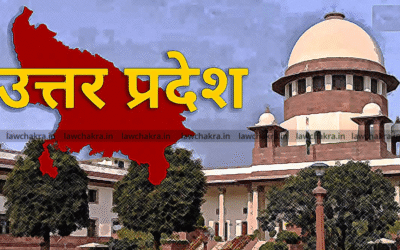BNS Section 174 – Punishment for undue influence or personation at an election
IPC Section – 171F Punishment for Undue Influence or Personation at an Election 1. What is the Offence? This law penalizes two specific electoral offences: 2. Key Elements of the Offence 3. Punishment 4. Type of Offence 5. Purpose of the Law Summary of the Offence Offence Punishment Cognizable/Non-cognizable Bailable/Non-bailable Court Undue influence or personation at an election Up to…

